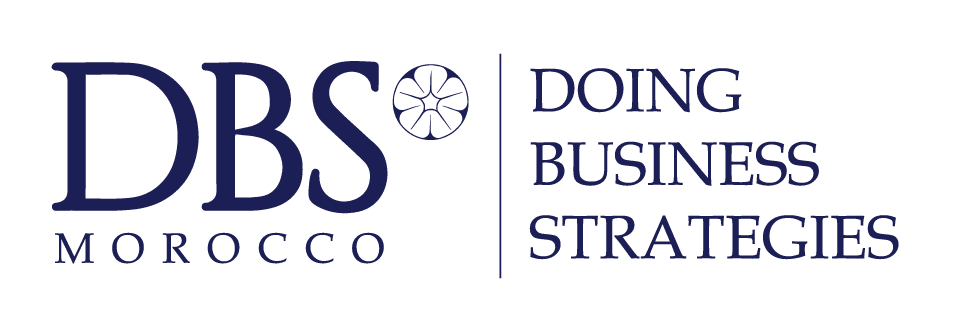Starting a business in Morocco can be a lucrative venture given its strategic location and growing economy. This article will guide you through the essential legal and tax requirements to ensure your business complies with local regulations and thrives in the Moroccan market.
Starting a Business in Morocco: Understanding the Market
Economic Overview
Morocco boasts a diverse economy with strong sectors in agriculture, mining, real estate, tourism, Recent reforms have fostered a business-friendly environment, making it an attractive destination for foreign investors especially the Agadir Souss-Massa region.
Key Industries and Opportunities
The country’s key industries include textiles, automotive, and renewable energy. Understanding these sectors can help you identify where your business might fit in and how you can leverage existing opportunities.
Legal Structures for Starting a Business in Morocco
Sole Proprietorship
A sole proprietorship is the simplest form of business entity in Morocco. It is easy to set up but offers no liability protection for the owner.
Limited Liability Company (SARL)
Starting a Business in Morocco : The SARL is the most common business structure in Morocco. It limits the liability of its owners to their contributions and requires a minimum of two shareholders and a minimum capital of MAD 10,000.
Public Limited Company (SA)
An SA is suitable for larger businesses and requires a minimum capital of MAD 300,000. It offers greater flexibility in raising capital but involves more stringent regulatory requirements.
Branch Office or Representative Office
Foreign companies can establish branch or representative offices in Morocco. These entities are subject to local regulations and are primarily used for marketing and liaison purposes.
Business Registration Process
Choosing a Business Name
Selecting a unique business name is crucial. It must be checked for availability and registered with the Moroccan Office of Industrial Property.
Registering with the Trade Register
Businesses must be registered with the Trade Register to gain legal status. This involves submitting various documents, including identification and proof of address.
Obtaining a Tax Identification Number
A Tax Identification Number (TIN) is required for all business operations. It is issued by the Moroccan tax authorities upon registration.
Opening a Business Bank Account
A business bank account is necessary for financial transactions. Choose a bank with experience in dealing with businesses and that offers the services you need.
Legal Requirements for Starting a Business in Morocco
Business Licenses and Permits
Depending on your business type, you may need specific licenses or permits. These can be obtained from local authorities and vary by industry.
Sector-Specific Regulations
Each industry has its own set of regulations. Familiarize yourself with these to ensure compliance and avoid legal issues.
Labor and Employment Laws
Understand Moroccan labor laws to ensure fair employment practices and avoid disputes. This includes contracts, working hours, and employee rights.
Taxation in Morocco
Corporate Tax
Corporate tax rates in Morocco are progressive, with rates varying based on the company’s income. The standard rate is 30%, with lower rates for specific sectors.
Value Added Tax (VAT)
VAT is applied to goods and services at a standard rate of 20%. Some goods and services may be subject to reduced rates.
Social Security Contributions
Employers must contribute to the Moroccan social security system, covering health, retirement, and other benefits for employees.
Other Relevant Taxes
Be aware of other taxes such as municipal taxes, which may apply depending on your business activities.
Accounting and Reporting Obligations
Bookkeeping Requirements
Maintain accurate financial records in accordance with Moroccan accounting standards. Proper bookkeeping is essential for compliance and financial management.
Annual Financial Statements
Prepare and submit annual financial statements to the tax authorities. These documents provide a comprehensive overview of your business’s financial health.
Audit Requirements
Certain businesses are required to undergo annual audits by a certified auditor. This ensures transparency and compliance with regulations.
Navigating Bureaucracy
Dealing with Moroccan Authorities
Building relationships with local authorities can streamline the registration process and help resolve any issues that arise.
Common Challenges and Solutions
Be prepared for potential bureaucratic hurdles. Common issues include delays in processing and varying interpretations of regulations.
Case Studies and Expert Insights
Success Stories from Foreign Investors
Learn from the experiences of other foreign investors who have successfully established businesses in Morocco. Their insights can provide valuable lessons.
Expert Quotes and Tips
Incorporate advice from legal and business experts to guide your startup process and help avoid common pitfalls.
Future Outlook
Emerging Trends in Moroccan Business
Stay informed about emerging trends such as digital transformation and green technology, which could impact your business strategy.
Practical Tips for Future Growth
Focus on building a strong local network and staying adaptable to market changes to ensure long-term success.
Starting a Business in Morocco involves understanding and complying with various legal and tax requirements. By following this guide, you can navigate the complexities of the Moroccan market and establish a successful business. For personalized assistance, contact us now to guide you through the process.


